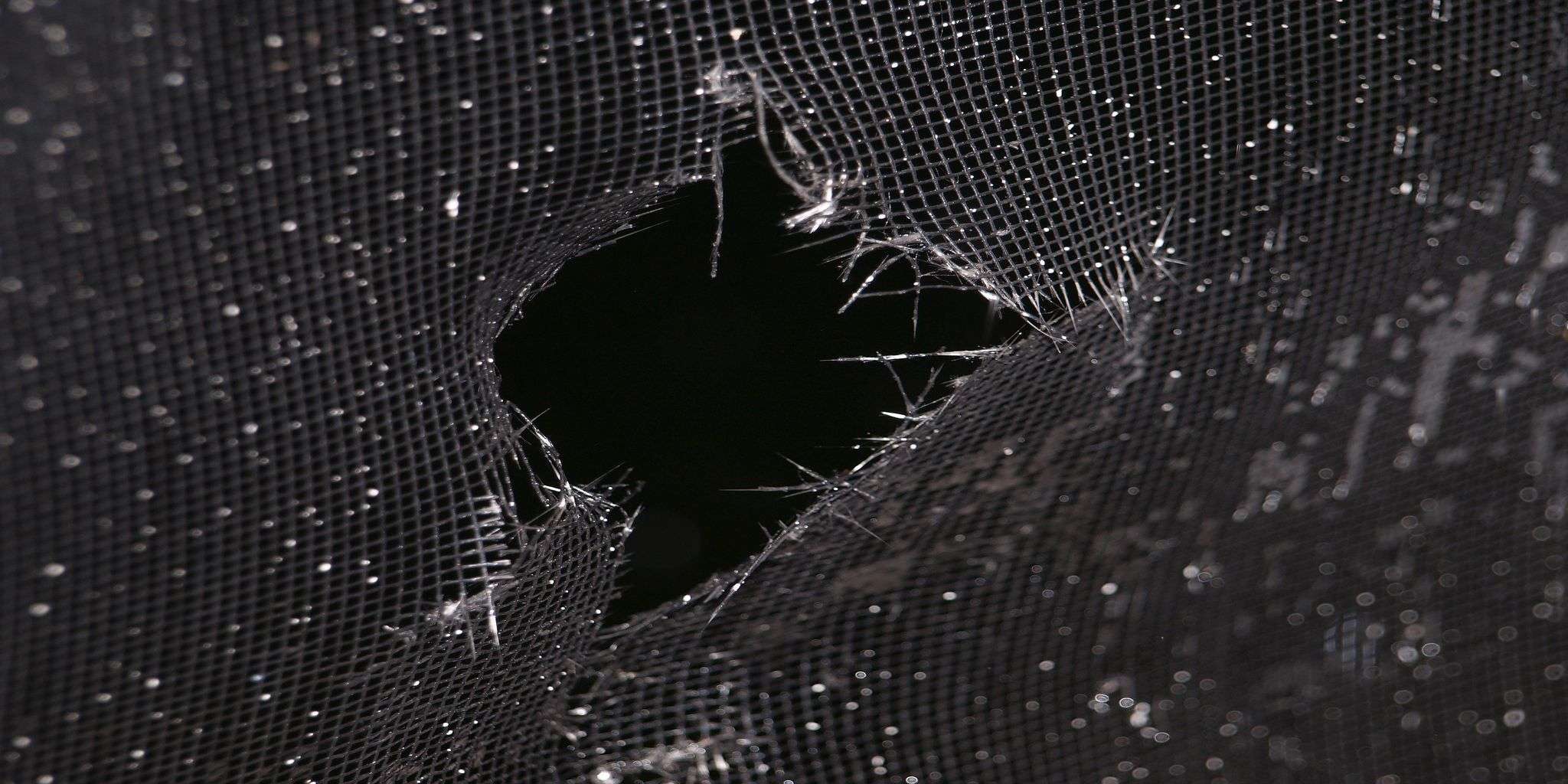Dealing with uncertainty − Part 1: Welcome to the void
I have a theory about the creative process. We start with a brilliant idea. It might be the best thing since sliced bread, or it might be a quirky little idea that might just have legs. Whatever it is, it shines enough to spark our interest for us to decide it’s worth pursuing.
By the end of the creative process we will have created something. It might be nothing like what we initially envisioned — or it might be exactly what we had in mind. But it’s something. It’s beautiful, it’s whole, it’s real.
What happens in between is a vast, empty wild land of uncharted territory. There is nothing here but the potential for everything. A blank canvas, waiting for you to fill with words, colour, models, formula — whatever your medium might be. Whatever you can imagine, you can create.
Welcome to the void
The void can be a playground or an assault course, a sanctuary or a prison. It all depends on what we bring in. Having just resurfaced from writing a book, that’s exactly the journey I’ve been through, and this is what I’ve learned about the void:
What you need to know about the void
You won’t know everything. So stop trying. Let go of having to have all the pieces of the jigsaw in place before you start. As Martin Luther King, Jr. said, “You don’t have to see the whole staircase, just take the first step.” The journey is created as you take it, and some of the best stories only come together where everything makes sense at the end.
There is no right. The more we obsess about having to get it “right” the more confused we’ll become. In uncharted territory, right hasn’t been invented yet. All there is is possibility, and right is whichever you choose. Instead of “I have to get it right”, try telling yourself “I get to make this up as I go along.” Embrace the opportunity to shape the outcome as you go along (rather than trying to “find” the outcome).
You have the right to change your mind. It’s about exploration, not expectation. Focus on discovery, which means you’ll probably find dead ends and dodgy alleyways as well as wide open spaces. If you chase a rabbit down a hole and find yourself somewhere you don’t want to be, you can always find a different route. Each step you take is meaningful, but not set in stone.
Whatever you imagine, you create. In the absence of knowing, we fill the void with our imagination. What are you imagining?
Are you imagining all the things that could go wrong, all the “what-if” disaster scenarios? Are you focusing on how much you don’t know, rather than what you do know? Are you internalising the uncertainty? Not just dealing with the unknown, but focusing on how much you don’t know, turning doubt into self-doubt. If that’s what we fill the void with, that’s precisely what we’ll create. More uncertainty, more fear, more doubt, more worry, chaos and confusion.
Instead, focus on what you do know. Remind yourself of all the truths of what you can do, what you do know, what you are capable of and what you’re equipped with. Focus on what you can see − and imagine what’s possible from there. Reframe your thoughts from “I don’t know” to “This I know… and this is what I’m discovering/working on/figuring out.”
You will get tired
Making decisions is hard work. Even on the days when it feels like you haven’t done anything, made any progress, or have anything to show for it (perhaps especially those days), the chances are you’ve been doing a lot of mental heavy-lifting.
Research into Decision Fatigue suggests that our ability to make decisions is like a muscle. Yes you can gradually build it up to be stronger and more resilient, but at the end of the day it always gets tired. In fact, every decision you make is like another rep in a workout. That’s why parole board judges are more likely to give favourable rulings at the beginning of the day, or after a lunch break. And why decisions like “What’s for tea, mummy?” can drive me crazy.
The more decisions we have to make, the harder each one will become and the more likely we will be to default to the easiest decision. Whether that’s to grab the nearest bar of chocolate, crash on the sofa, walk away from that important-but-tricky conversation, explode in a fit of road rage or say “yes” to that extra piece of responsibility you haven’t quite figured out how to extricate yourself from.
And the more we’ll crave certainty as well. I don’t think it’s an accident that when we’re prone to procrastination, all sorts of mundane things like sorting the pen drawer, watering the plants or doing the ironing become incredibly attractive. It’s the certainty we crave: knowing exactly what we need to do, rather than having to figure something out.
Grace is the author of 21 Ways to Manage the Stuff that Sucks Up Your Time. This article is the first part of a series adapted from her new book, due to be published by Pearson in Autumn 2015.
Photo: Flickr/Alexandr Trubetskoy CC BY 2.0

